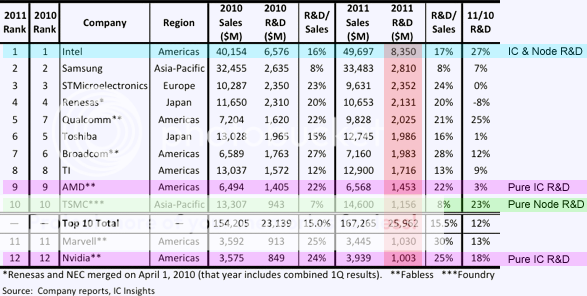- Mar 15, 2003
- 2,157
- 82
- 91
This is a bit of a newb question, but I'm posting it anyway...
I'm no expert on the subject, so I'm wondering: given that Intel is enjoying a lack of competition from AMD in the consumer desktop market, they can now time their product release cycles to maximize profits at the cost of slowing technical progress (arguably). I'm assuming this is a driving force behind why the reported April launch-date of Haswell was pushed back to early June.
I want to build a new system, but am holding out for Haswell.
1) What are the odds that Haswell will be released "as scheduled" in early June?
2) When will we know "for certain" what the launch date of Haswell will be?
3) How soon after "launch" will Haswell actually become available to consumers?
I'm no expert on the subject, so I'm wondering: given that Intel is enjoying a lack of competition from AMD in the consumer desktop market, they can now time their product release cycles to maximize profits at the cost of slowing technical progress (arguably). I'm assuming this is a driving force behind why the reported April launch-date of Haswell was pushed back to early June.
I want to build a new system, but am holding out for Haswell.
1) What are the odds that Haswell will be released "as scheduled" in early June?
2) When will we know "for certain" what the launch date of Haswell will be?
3) How soon after "launch" will Haswell actually become available to consumers?



